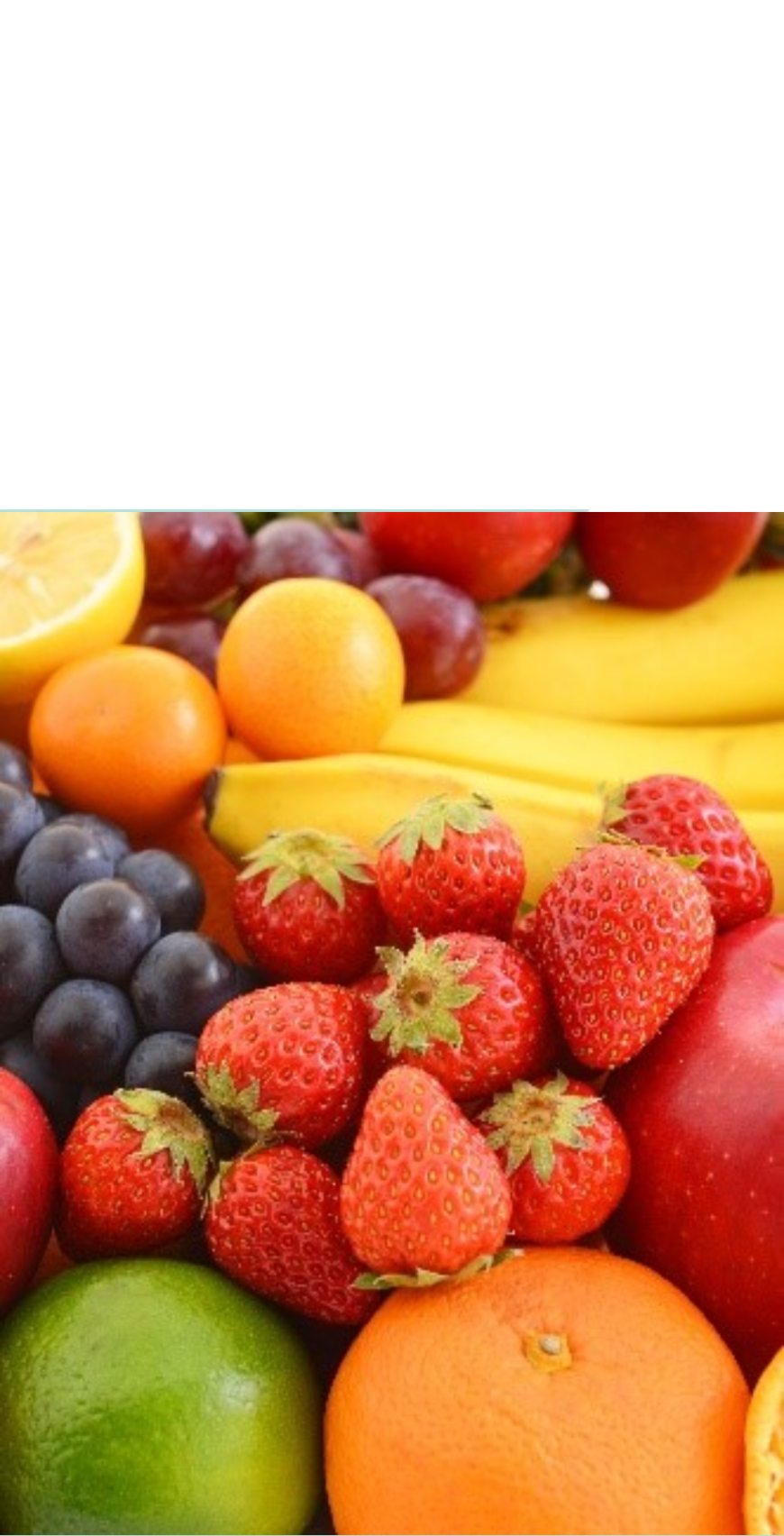Healthy Living
Healthy happens here
Our ambition is to make kids a little healthier and happier everyday by nurturing young minds and bodies.
5 reasons for eating 5 a day.
Motivate your kids to eat at least 5 portions of fruits and vegetables every day. One Go Go squeeZ pouch is counted as one of your 5! A portion of fruit or vegetables is 80g. They can be in different forms: fresh, frozen, canned, dried, or in a puree form.*
* NHS – Eat Well – Why 5 a Day?
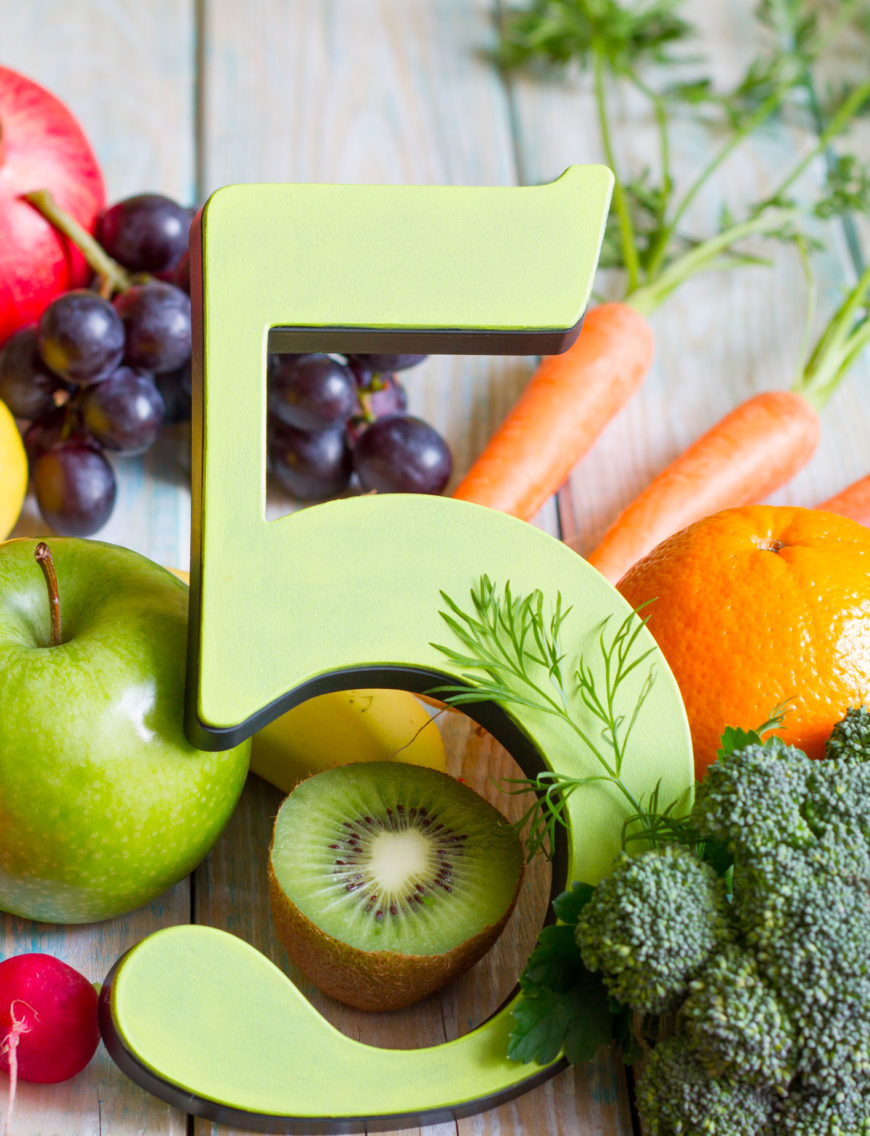
Why are dietary fibres crucial?
On average, children and teenagers are only getting around 15g or less of fibre a day when 5 to 11-year-olds need about 20g a day.* Choosing fibre rich foods help to make children feel fuller.**
* NHS – Eat Well – How to get more fibre into your diet
** Auth MKH, Farrelly P, Baillie C. Clinical Review : Childhood constipation. BMJ. 2012,345.
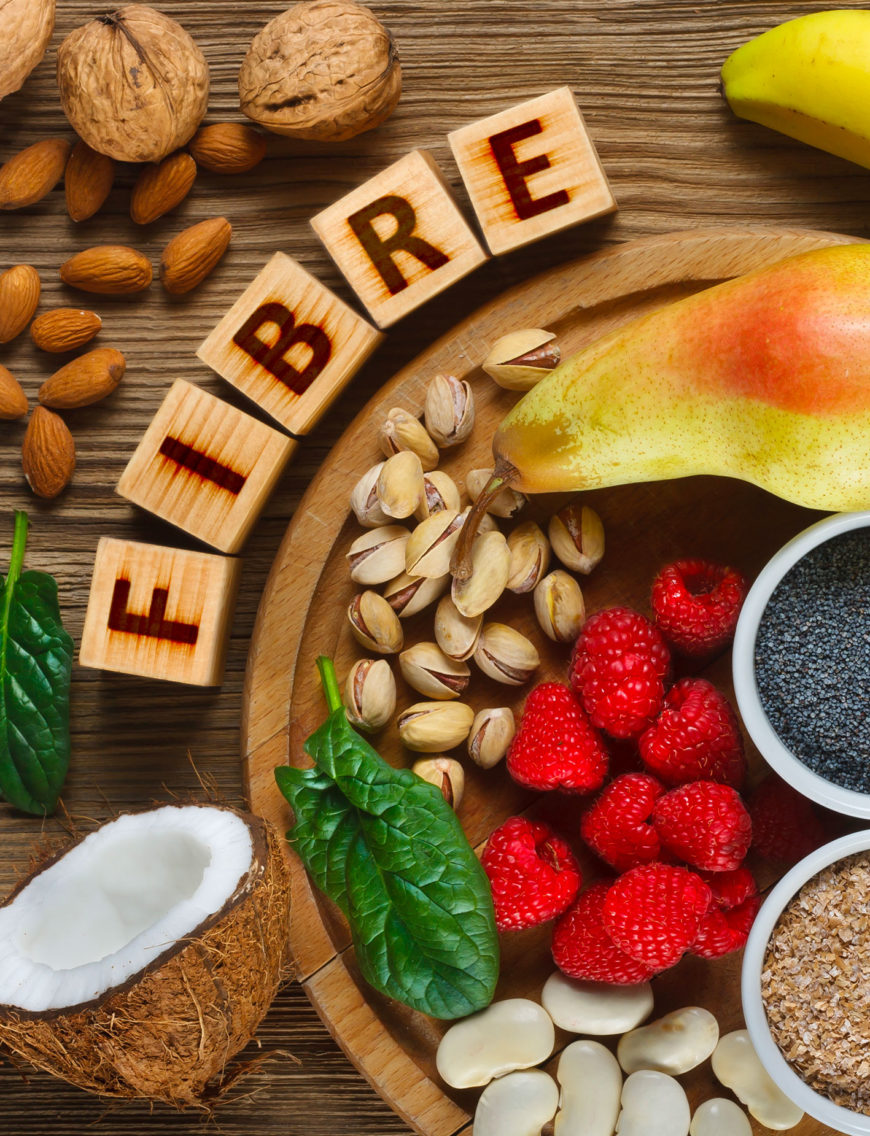
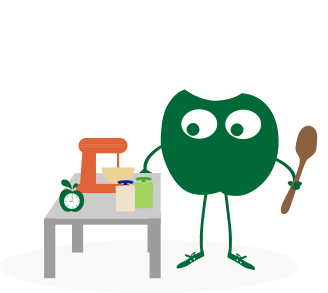
Give your child healthy lifestyle habits.
Begin early to promote good physical and cognitive development. Be attentive, set an example, eat meals as a family as often as possible and cook your tasty recipes together. All these actions will contribute to your child’s food education while preserving certain traditions. Similarly, small rituals at bedtime (dimmed lights, reading) help your child fall asleep and recover better at night after having spent the day.

A fun way to squeeZ fruit into your diet.
GoGo squeeZ is an excellent way to add a portion of fruit to the diet, especially in a lunch box or for a snack. The fruit sauce in a pouch form allows your children to vary their fruit intake without monotony. All they have to do is squeeZ and sip!
The manufacturing process guarantees the preservation of the important nutritional qualities of the fruit in large part: water content and fibre (like a peeled fruit). The sugars in our fruit purees are provided by the fruit only.

Lunch boxes: make it easy!
Lunch is an important part of a child’s diet. It’s an ideal time to make new discoveries and develop independence.
Our advice:
- Let a child get to know and appreciate fruit and vegetables at their own pace: crunchy or cooked, hot, or cold, green, or white, whole, or cut, etc.
- Allow him to assemble his own meal: raw vegetables + hard-boiled egg + bread + water + fruit puree.
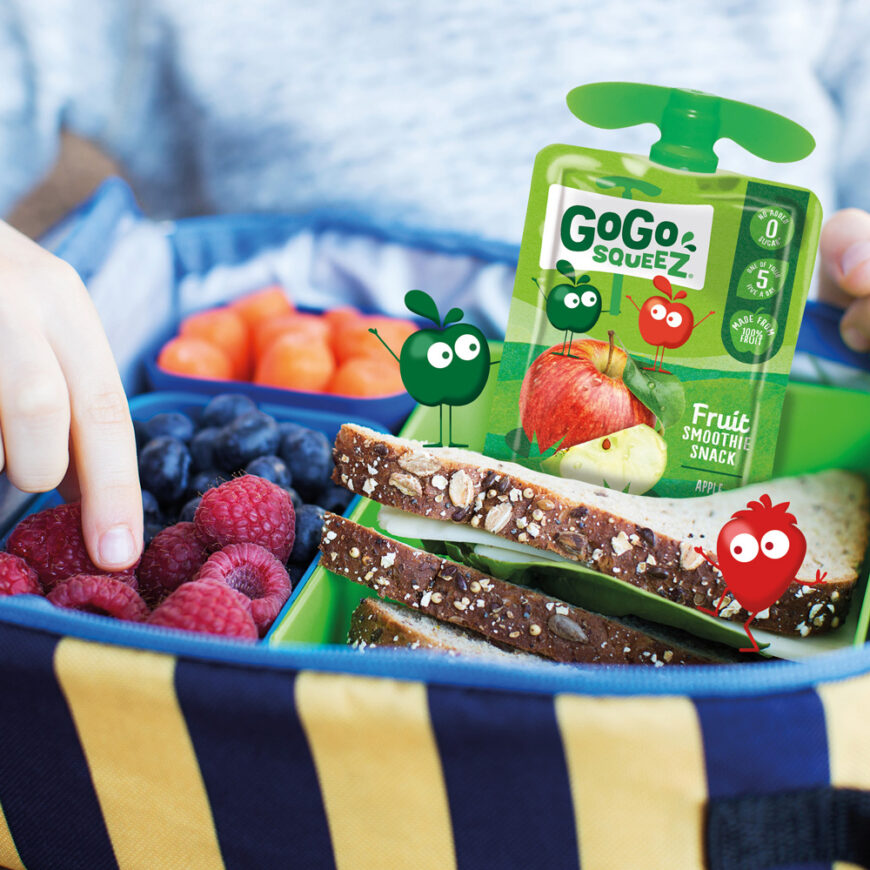
Give them a rainbow of colors!
How do you cover a child’s need to keep them fit and healthy? Different-colored fruits and vegetables are linked to higher levels of specific nutrients and health benefits. Putting color on your child’s menu every day ensures an optimal intake of these nutrients. Plus, it’s fun! Let your imagination run wild:
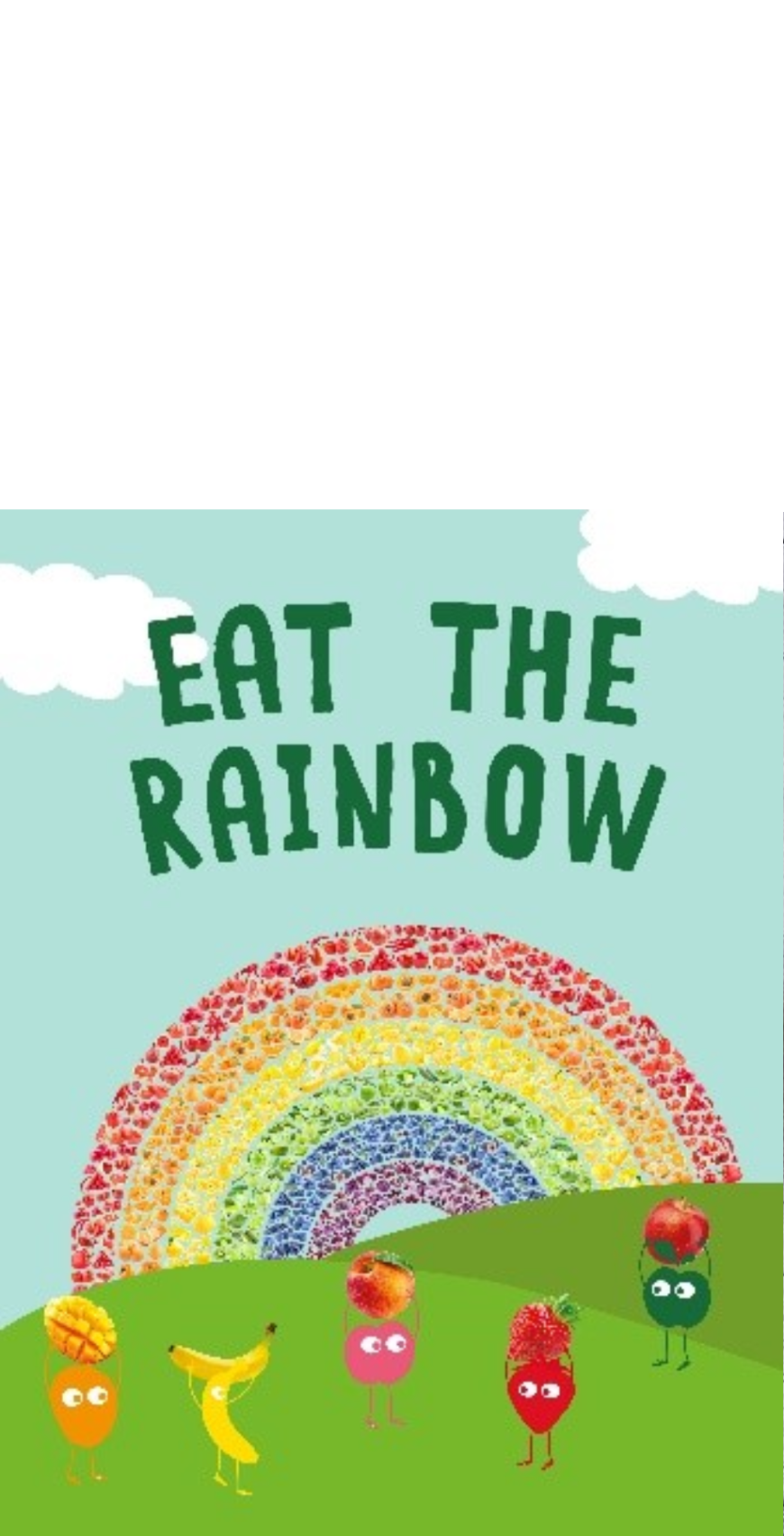
Eatwell Guide
Use the Eatwell Guide to help you create a balanced diet that incorporate healthy and sustainable foods. It shows you the different food categories, and how much you should be consuming from each!
Download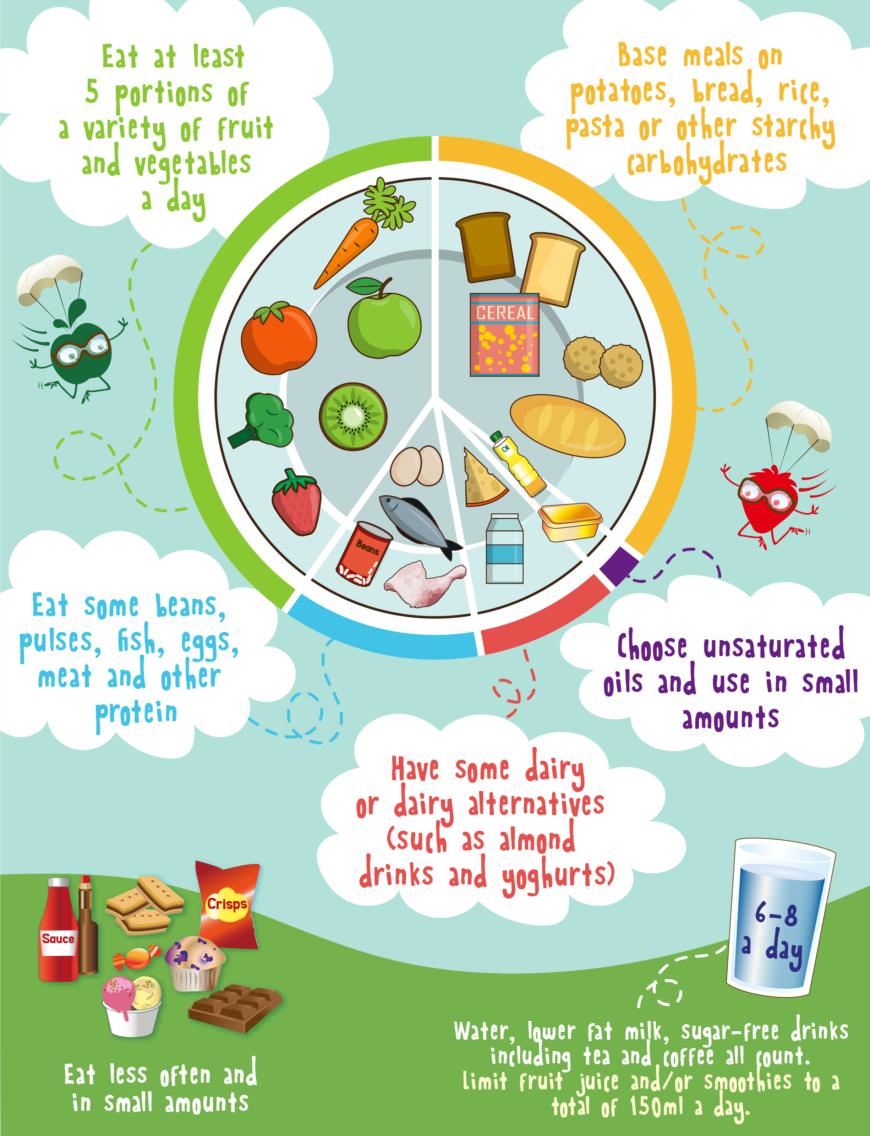
Nutritional Density Study
No added sugar fruit purees: a combination of nutritional benefits! A study conducted by Adam Drewnowski evaluated the nutritional density of 65 foods and drinks that are usually consumed by children as a snack and demonstrated the similarity between no added sugar fruit purees and fresh fruit in terms of energy density and nutritional density.
The fruit concerned by the study (fresh fruit, apple puree with no added sugar) stands out because of its high nutrient density and low energy density. This provides an interesting array of bioactive nutrients and fewer calories in relation to their volume. It is therefore far more interesting on a nutritional level than the biscuits, cakes, chocolates, sweets, savoury snacks, soft drinks and fruit drinks usually consumed as an afternoon snacks.*
* Drewnowski A, Richonnet C. Dairy and Fruit Listed as Main Ingredients Improve NRF8.3 Nutrient Density Scores of Children’s Snacks. Front Nutr. 2020, 10, 7, 15.
